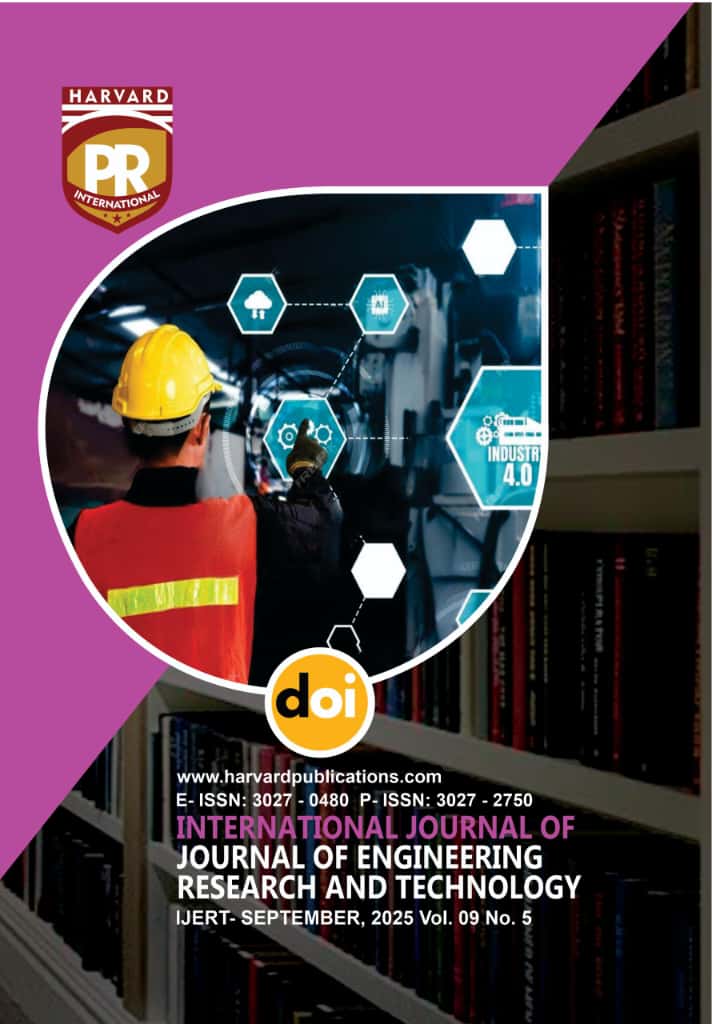Abstract
With the emergence of smart grid, which presents the next generation of electrical power systems, residential and commercial buildings have the opportunities to manage their offices energy usage to reduce energy expenditure. This paper presents a differential evolution algorithm to optimize the energy production and consumption systems in a smart office with the integration of renewable energy resources, and battery storage systems. The aim of the study is to optimize energy management in buildings by integrating a photovoltaic (PV) system with a battery storage system, using the Differential Evolution (DE) algorithm to minimize operational costs while ensuring efficient energy utilization and system reliability. To achieve this, energy model using PV, battery, and grid data over 24 hours in 1- hour steps was developed; also, energy cost was minimized by optimizing PV battery and grid usage. Moreover, power balance was kept at equilibrium to meet load demand and enable grid export while battery limits is applied to state of charge (SOC), discharge rate and capacity. In addition, an heuristic differential evolution algorithm was used to solve the energy optimization problem. Three scenarios were evaluated to minimize costs of energy in the offices. Scenario I explored grid supply only, scenario II looked at electricity equilibrium of the micro grid with the PV and grid supply while scenario III considered equilibrium of the micro grid with PV, BESS and grid supply. Moreover, actual time-of-use tariffs for electricity prices is evaluated. The simulation results of the devised model are given for different case studies and the effectiveness of the system is demonstrated via a comparative study. As a result, it was found that the operational costs are decreased nearly by integrating only photovoltaic production according to the case which has no additional sources. Also, a substantial reduction of is achieved by considering both and . Results find the global optimum solution for the horizon with important reduction of execution time and by achieving significant energy cost savings of the considered scenarios. To improve modeling and optimization of energy in smart buildings considering the benefits of PV and BESS on the power sector, genetic algorithm is a powerful optimization tool recommended for finding solutions to optimization of energy management decision variables like cost functions, power and so on. It gives the exact solution of micro grid energy management problems which converge as fast as possible as exemplified in this research study.

This work is licensed under a Creative Commons Attribution 4.0 International License.
Copyright (c) 2025 OLUWALEKE A. A., MEROYI O. C. (Author)




